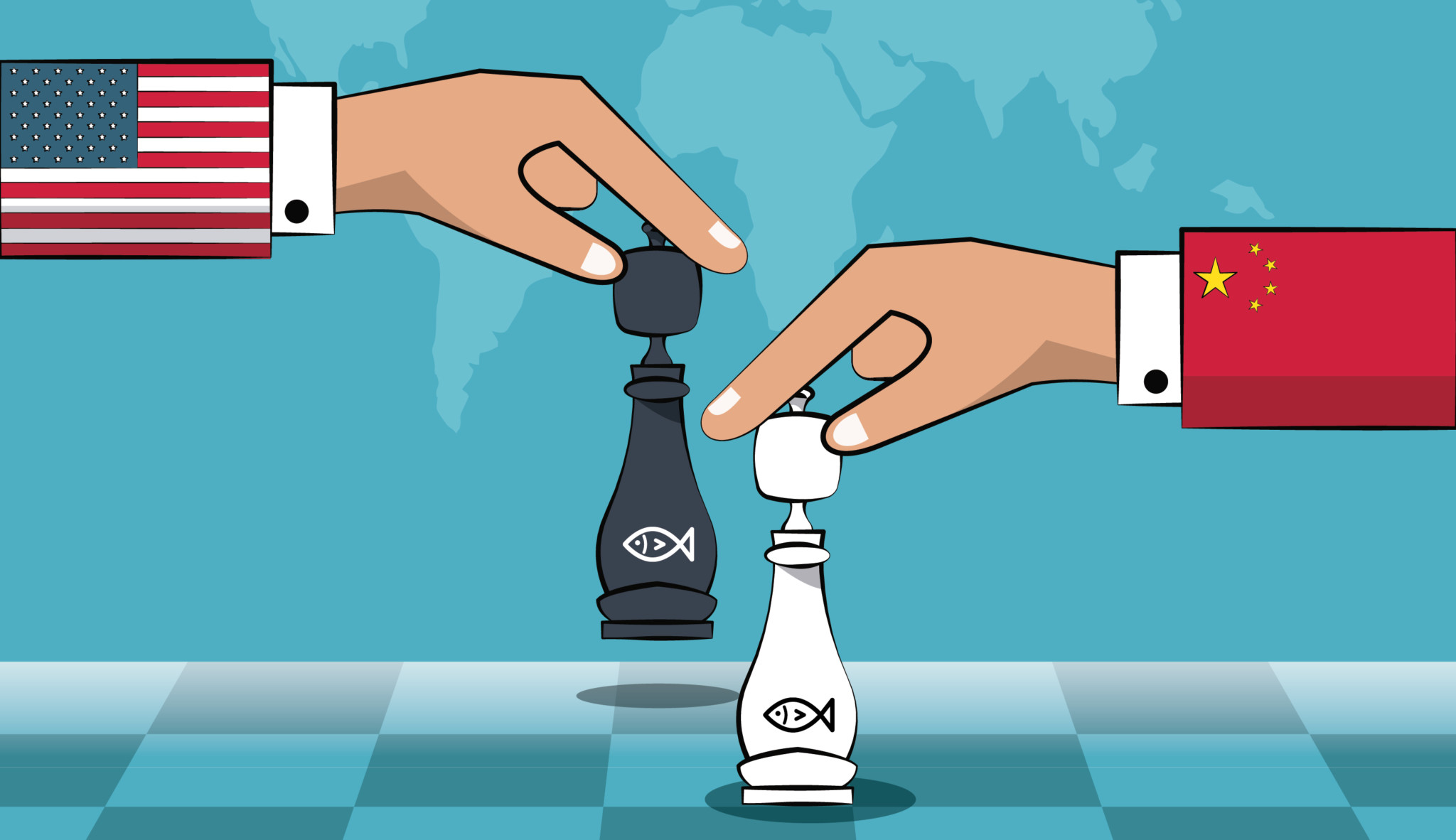Everyone is talking tariffs. First it was anticipation, and now we’re in reality check, keeping an eye on the long-term consequences.
My first instinct with the tariffs was to gather information and watch what happens. There’s no denying our federal government is in fickle hands. The tariffs could have been canceled as easily and swiftly as they were declared. So wait and see seemed the best course of action.

This story appears in the December issue of National Fisherman. Subscribe today for digital access and print.
Of course, I’m not a fisherman, processor or retailer. Wait and see is a luxury for me. And now it’s also a luxury for the purveyors of many itemized seafood products that have been granted dispensation from the tariffs.
As the deadline inched closer this summer, fisheries with decent lobbying power began to appeal to U.S. Trade Representative Robert Lighthizer to get a pass for their product — meaning the United States would not add a tariff to those products being sold into Chinese markets (most of which are already taxed as exports). In the case of U.S. seafood products being processed in China and reimported to the U.S. market, the government also granted a waiver on Chinese import taxes for some products.
The result was good for many stakeholders — they got the pass they need to stay competitive. But fisheries that don’t have access to Capitol Hill are left out there alone to bear the brunt of the tariffs on their own. They are now the guinea pigs for the whole industry.
Moreover, without the big players in the game, what effect will the tariffs have on seafood imports and exports overall? If the tax only applies to the smaller fisheries attempting to maintain a slice of the market in China, then will China feel the intended pinch at all? It seems as though the opt-outs will only result in punishing the little guys more severely, as they take on the burden of tariffs without the critical mass necessary to effect change.
Dispensations to the policy simply widen the gap between the haves and have-nots in U.S. fisheries. If the policy is a good one, then it should be applied. If it is not a good one, then all U.S. seafood products should be exempted. If it should be applied sparingly, then I hope the federal government will consult with regional and fleet representatives about how new economic policies might affect trade deals within and outside of our borders. The reimportation exemption may in fact hamstring U.S. producers of Alaska pollock. Because Russian pollock can legally use the name “Alaska pollock,” Russia can funnel its pollock through China for processing, and into the United States under the Alaska pollock label. That means the product that’s actually from Alaska will compete in the U.S. market with cheap Russian imports.
Naturally, for some fisheries, the tariffs don’t much matter. Only those with growing or established markets in China feared a reprisal. The exemptions have come into play because wild American seafood was not a strategic component of the chess match between President Trump and his Chinese counterpart Xi Jinping.
But stakeholders in those fisheries who have hoped for and not received an exemption are now lonely outposts for the rest of the industry (and the world) to find out if retaliatory tariffs work (or not).
See more coverage in Nick Rahaim’s national cover story on page 36 of our December issue and an editorial from Alexa Tonkovich, executive director of the Alaska Seafood Marketing Institute, which you can find on page 6.







